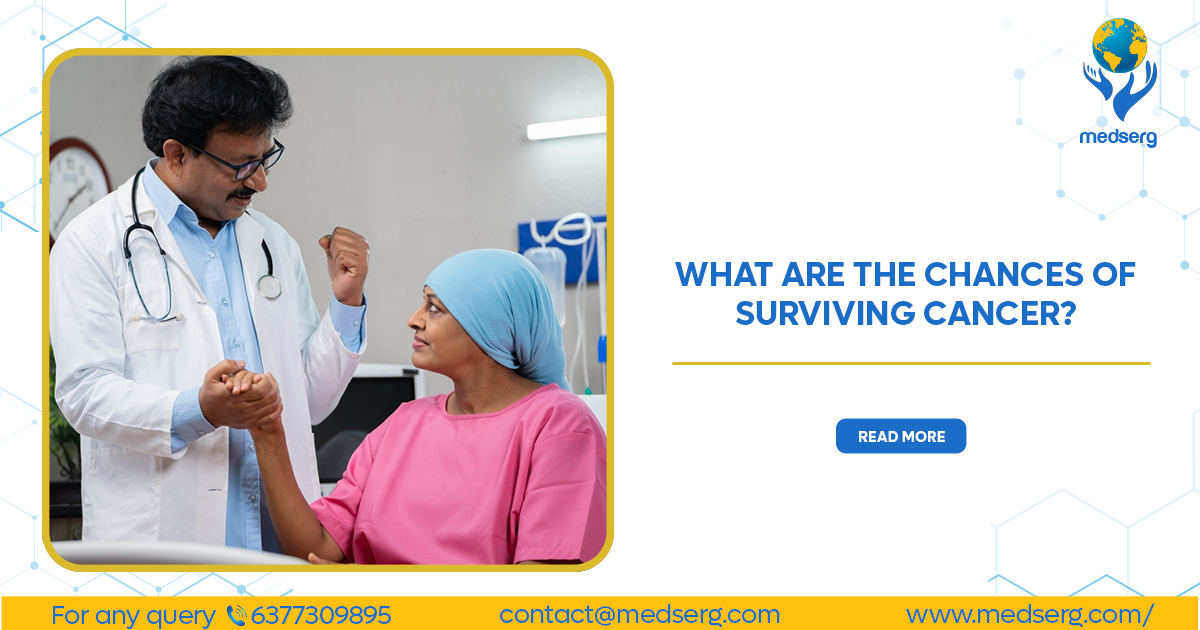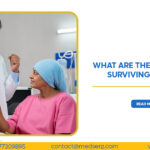Sarcoma awareness month is a global healthcare event observed for the entire month of July every year for the last 15 years; Sarcoma, a type of cancer originating in the body’s connective tissues, such as fat, blood vessels, and nerves, is relatively uncommon but can be equally lethal. Ongoing research aims to uncover the causes and factors contributing to sarcoma development in individuals.
Sarcoma is otherwise called forgotten cancer since the rate of occurrence is relatively low in adults, but it accounts for almost 15% of cancers in children. During sarcoma awareness month, people around the globe join forces to share their personal experiences, shed light on life, and educate others about the realities of living with Sarcoma.
History of Sarcoma Awareness Month
Sarcoma awareness month was established in July 2008 by a group of sarcoma advocates in Seattle. This annual observance aims to raise awareness about sarcoma, a rare form of cancer that can occur in various parts of the body. Sarcoma awareness month honors those affected by the disease, promotes understanding of sarcoma, and supports research efforts for innovative treatments.
Theme Of The Day
The theme for sarcoma awareness month 2023 is “Let’s Talk About the Forgotten Cancer.” This theme aims to increase awareness about Sarcoma, which is often labeled as the “forgotten cancer” due to its rarity.
How To Celebrate?
Utilize social media: Raise awareness by sharing informative content, personal stories, and relevant statistics on social media. Use hashtags like #SarcomaAwarenessMonth and #FightingSarcoma to amplify the message.
Organize fundraisers: Support sarcoma research organizations by hosting virtual runs, charity auctions, or encouraging donations from friends and family.
Support local organizations: Get involved with local sarcoma support groups and organizations. Volunteer your time, participate in their events, or spread awareness within your community.
Educate yourself and others: Read books, articles, and research papers to expand your knowledge about sarcoma. Share this information with others to highlight the significance of early detection and timely intervention.
Reach out to survivors and families: Extend support and encouragement to sarcoma survivors and their families. Share inspiring stories, offer helpful resources, or simply be a listening ear for those impacted by sarcoma.
Symptoms Of Sarcoma
- The presence of a lump may or may not be painful
- Weight loss
- Unusual bone fractures
- Abdominal pain
- Reduced range of motion
Risk Factors
- Genetic factors: People who have a family history of retinoblastoma have the risk of developing sarcoma
- Virus: Herpesvirus 8 infection has been related to causing soft tissue sarcoma and has an established relationship with Kaposi’s sarcoma.
- History of radiation therapy: People who have received high doses of radiation are at high risk of getting soft tissue sarcoma
- Exposure to chemicals: Individuals who have got exposed to certain chemicals such as herbicides, chemical dioxin, and chlorophenols.
- Personal history of bone disease: People with noncancerous bone diseases like Paget’s can develop sarcoma.
Most Common Types Of Sarcomas
The common types of sarcoma differ in adults and children. Sarcomas are unique and can occur in multiple forms in various locations in our bodies. Knowing the type of sarcoma is crucial in planning the treatment options because sarcoma requires multidisciplinary treatment.
Osteosarcoma: Cancer developed in the cells from which the new bone tissue emerges. The main sites of osteosarcoma are the bones of the hips, thighs, shoulder, and legs.
Ewing Sarcoma: The second most common type of sarcoma that affects long body bones, such as the leg or hip bones.
Chondrosarcoma: Sarcoma developed from the cartilage, a flexible connective tissue between the bones. It occurs in both men and women.
Rhabdomyosarcoma: This is the most common sarcoma that affects children. It typically develops from the skeletal muscle and internal organs such as the bladder or uterus.
Angiosarcoma: The sarcoma that originates in the blood vessels.
Gastrointestinal stromal tumor: This type of soft tissue sarcoma develops from the nerve cells that border the gut. However, It can occur in any part of the digestive system; the intestine and stomach are the most common sites of gastrointestinal stromal tumors.
Leiomyosarcoma: Sarcoma of smooth muscles, often in the abdomen.
Synovial Sarcoma: Sarcoma that develops in the joints.
Liposarcoma: Cancer develops in the fat tissue that evolves in the thighs, especially behind the knees.
Besides the rarity, due to the advancements in cancer medicine, sarcomas are now treatable if approached at the preliminary stages. Treatment depends on the patient’s profile, size, and tumor location.
- Surgery: Surgery will performed to remove the tumor, and your oncologist will investigate the type of tumor to start with other cancer therapy.
- Radiation therapy: Radiation therapy involves the utilization of high-energy X-rays or other particles to eliminate cancer cells. It will given before or after surgery to destroy the cancer cells.
- Chemotherapy: In general, for Sarcoma, chemotherapy will given after the surgery, and it is more effective for bone cancer than soft tissue sarcoma.
- Targeted therapy: Targeted therapy is a specialized treatment that focuses on specific genes, proteins, or the microenvironment contributing to cancer development and survival. Typically, it involves inhibiting proteins called kinases within cells. This approach aims to stop the growth and dissemination of cancer cells while minimizing harm to healthy cells.
Precaution
- Minimize exposure to radiation and industrial chemicals.
- Avoid high-risk behaviors linked to human herpesvirus 8.
- Manage Paget’s disease and prevent lymphedema.
- Family history of having other genetic diseases such as Werner syndrome, Gorlin syndrome, or retinoblastoma.







